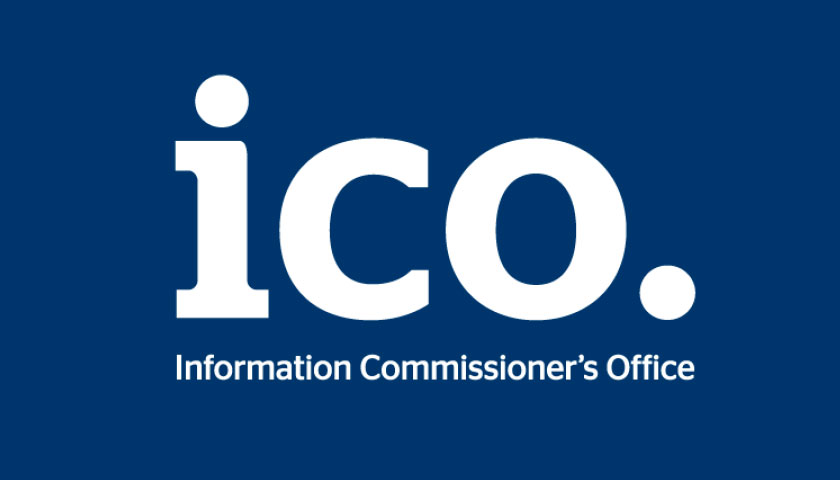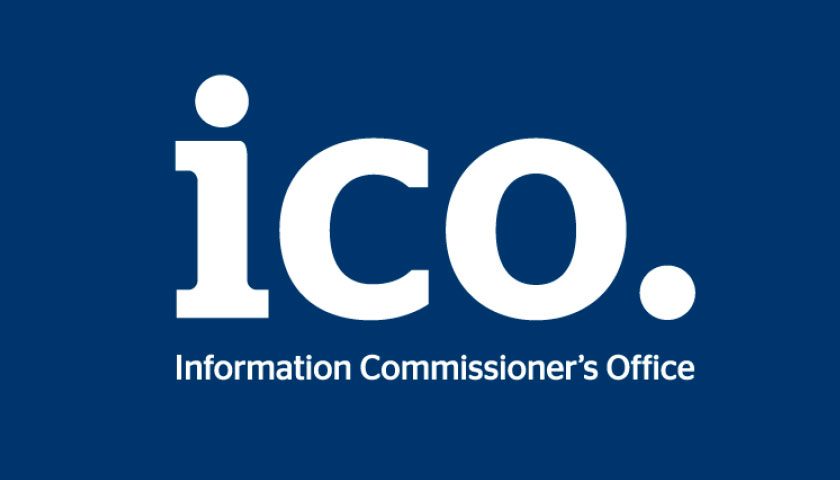The UK Information Commissioner has warned that companies are leaving themselves open to cyber attack by ignoring crucial measures like updating software and training staff.
The warning comes as the Information Commissioner’s Office (ICO) issued a fine of £4,400,000 to Interserve Group Ltd, a Berkshire based construction company, for failing to keep personal information of its staff secure. This is a breach of data protection law.
The ICO found that the company failed to put appropriate security measures in place to prevent a cyber attack, which enabled hackers to access the personal data of up to 113,000 employees through a phishing email.
The compromised data included personal information such as contact details, national insurance numbers, and bank account details, as well as special category data including ethnic origin, religion, details of any disabilities, sexual orientation, and health information.
John Edwards, UK Information Commissioner, said:
“The biggest cyber risk businesses face is not from hackers outside of their company, but from complacency within their company. If your business doesn’t regularly monitor for suspicious activity in its systems and fails to act on warnings, or doesn’t update software and fails to provide training to staff, you can expect a similar fine from my office.
“Leaving the door open to cyber attackers is never acceptable, especially when dealing with people’s most sensitive information. This data breach had the potential to cause real harm to Interserve’s staff, as it left them vulnerable to the possibility of identity theft and financial fraud.
“Cyber attacks are a global concern, and businesses around the world need to take steps to guard against complacency. The ICO and NCSC already work together to offer advice and support to businesses, and this week I will be meeting with regulators from around the world, to work towards consistent international cyber guidance so that people’s data is protected wherever a company is based.”
John Edwards will be attending the 44th Global Privacy Assembly (GPA) in Turkey this week, where more than 120 data protection and privacy authorities will meet. At the GPA, the ICO will present a resolution calling for further international collaboration to increase cyber resilience across the world.
Details of the Interserve data breach
An Interserve employee forwarded a phishing email, which was not quarantined or blocked by the Interserve’s system, to another employee who opened it and downloaded its content. This resulted in the installation of malware onto the employee’s workstation.
The company’s anti-virus quarantined the malware and sent an alert, but Interserve failed to thoroughly investigate the suspicious activity. If they had done so, Interserve would have found that the attacker still had access to the company’s systems.
The attacker subsequently compromised 283 systems and 16 accounts, as well as uninstalling the company’s anti-virus solution. Personal data of up to 113,000 current and former employees was encrypted and rendered unavailable.
The ICO investigation found that Interserve failed to follow-up on the original alert of a suspicious activity, used outdated software systems and protocols, and had a lack of adequate staff training and insufficient risk assessments, which ultimately left them vulnerable to a cyber attack.
Interserve broke data protection law by failing to put appropriate technical and organisational measures in place to prevent the unauthorised access of people’s information.
The ICO issued Interserve with a ‘notice of intent’ – a legal document that precedes a potential fine. The provisional fine amount was set at £4.4million. Having carefully considered representations from Interserve, no reductions were made to the final fine amount.
Cyber security guidance for organisations
Protecting a business from a cyber attack can feel technical or intimidating. But most organisations we see getting it wrong have made preventable mistakes.
To better safeguard people’s data, organisations must regularly monitor for suspicious activity and investigate any initial warnings; update software and remove outdated or unused platforms; update policies and secure data management systems; provide regular staff training; and, encourage secure passwords and multi-factor authentication.
In the event of a cyber attack, there is a regulatory requirement to report this to the ICO as the data regulator. Whereas National Cyber Security Centre (NCSC) – as the technical authority on cyber security – provides support and incident response to mitigate harm and learn broader cyber security lessons.
Earlier in the year, the ICO worked with NCSC to remind organisations not to pay a ransom in case of a cyber attack, as it does not reduce the risk to individuals and is not considered as a reasonable step to safeguard data. For more information, take a look at the ICO ransomware guidance or visit the NCSC website to learn about mitigating a ransomware threat via their business toolkit.

